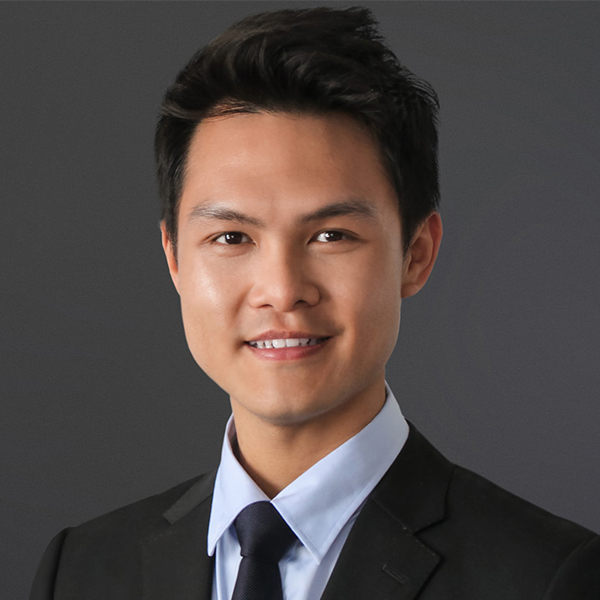
“Do you feel the various aspects of your life are in balance?”
“Do you prefer living a calm or an exciting life?”
We posed these questions to people around the world recently to understand their levels of wellbeing. Researchers have historically associated concepts like balance and calmness with Eastern cultures, and thus largely assumed that they’re not worth measuring because they’re not universal. A happy person is often depicted as someone who’s excited and full of vigor; calmness did not align with this image of happiness.
Yet, our data from more than 140 countries show that people from the West experience more balance than those in the East on average, and that more than 74 percent of people around the world prefer a calm over an exciting life. Balance in life is defined as an equilibrium of the various life components (e.g., health, work, family and social relationships, finances, spirituality) that generate a sense of stability, evenness and poise. Our global data show that balance and calmness are relevant to the wellbeing of everyone, not just a specific region or culture, so wellbeing metrics need to include these low-arousal positive states.
The implications are twofold: First, countries, governments, communities and organizations should have a more comprehensive, inclusive and relevant set of wellbeing measures to use. Leaders are realizing how limited economic indicators (e.g., GDP) are, and that they require other forms of social indicators, including how people are feeling and thinking about their lives. The second implication is that populations who were historically not seen as doing well are, in fact, experiencing high levels of wellbeing. And these people and their wellbeing practices provide lessons for all of us.
Take Jamaica and Vietnam, for example. The latest country rankings on happiness listed them as 63 and 77 out of 146 respectively, but people from these two countries are in fact experiencing the highest levels of calmness around the world based on our data. However, attention is often concentrated on countries like Finland and Denmark, which are at the top of the rankings based solely on a metric called life evaluation. Compared to the balance metric, which emphasizes a harmonious mindset (i.e., how various life components fit together), the life evaluation metric represents a more maximalist mindset (i.e., the more/higher the better) to wellbeing. Such a maximalist mindset may not be sustainable. Moreover, wellbeing may not necessarily be a pursuit of what we lack, but rather how everything we already have fits together.
These findings on balance and calmness are only the beginning of a scholarly movement — the Global Wellbeing Initiative — to make wellbeing research more comprehensive and globally inclusive. In 2010, behavioral scientists cautioned others on the prevalent practice of conducting studies with participants from Western, Educated, Industrialized, Rich and Democratic (WEIRD) societies. For example, 96 percent of study participants in top psychology journals are from WEIRD societies, even though they only reflect 12 percent of the world’s population. The result? We risk making inaccurate — and potentially inappropriate — generalizations from WEIRD societies to the rest of the world. We also fail to learn from non-WEIRD societies.
To that effect, the Global Wellbeing Initiative has launched a series of items through the Gallup World Poll to make wellbeing research less WEIRD. They target historically underexplored domains in the science of wellbeing such as one’s relationship to others, one’s connection to nature, mindfulness and more. These areas were the result of three years of research where we developed, tested and iterated them with people around the world under the guidance of an international consortium of scholars and organizations. With the addition of more poll questions around these concepts in 2023, we’ll have deeper insights into the role of balance.
The World Health Organization states that health is a state of complete physical, mental, and social wellbeing, which makes wellbeing an important topic for all scholars in public health. Instead of asking ourselves what we lack or need to attain to be well, perhaps we can simply ask if what we already have in our lives is in balance.

Alden Lai, PhD, MPH
Assistant Professor of Public Health Policy & Management